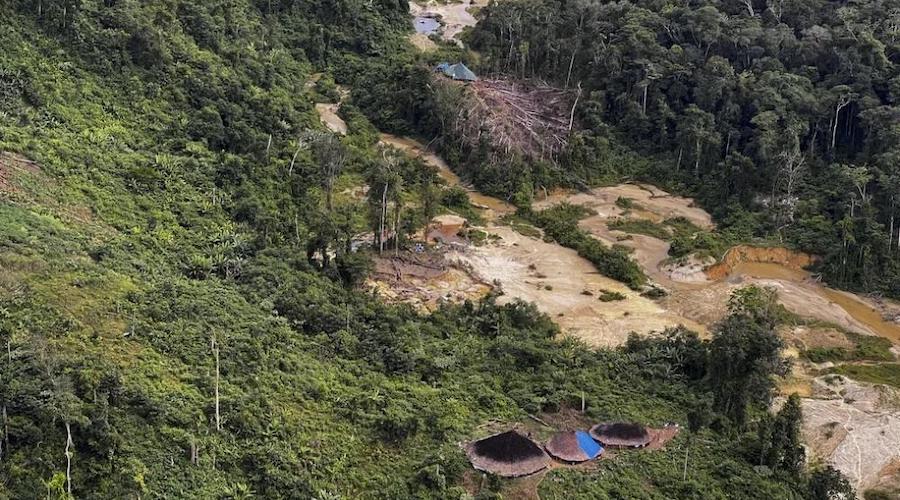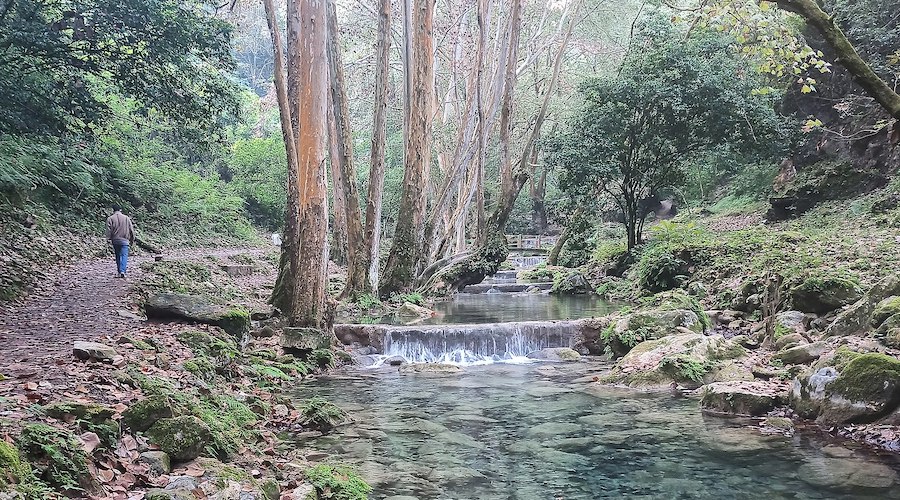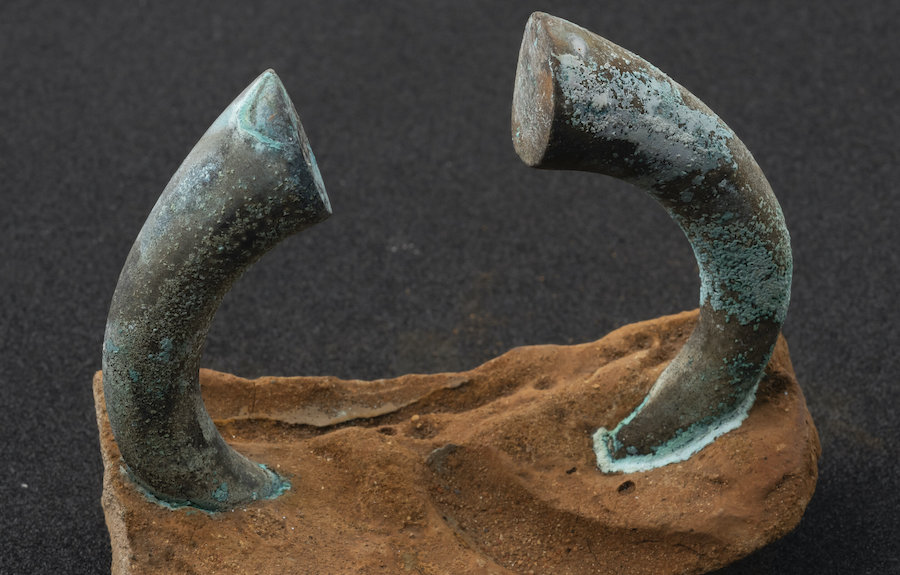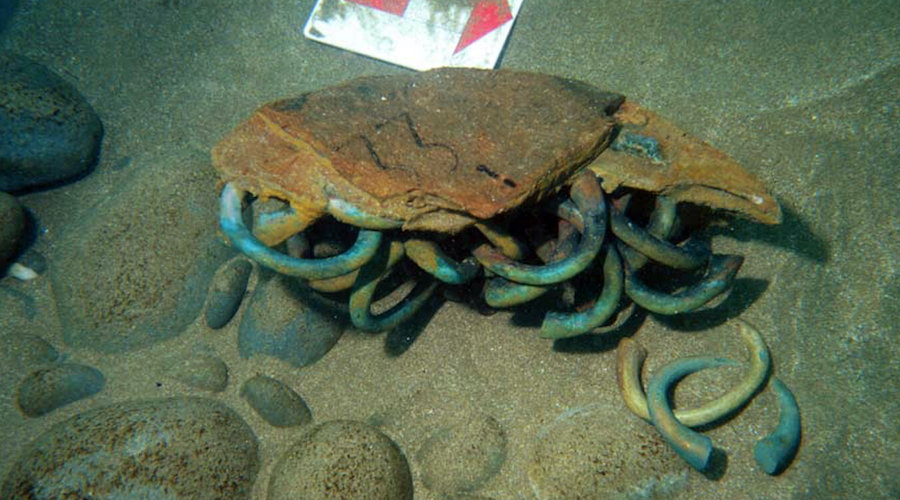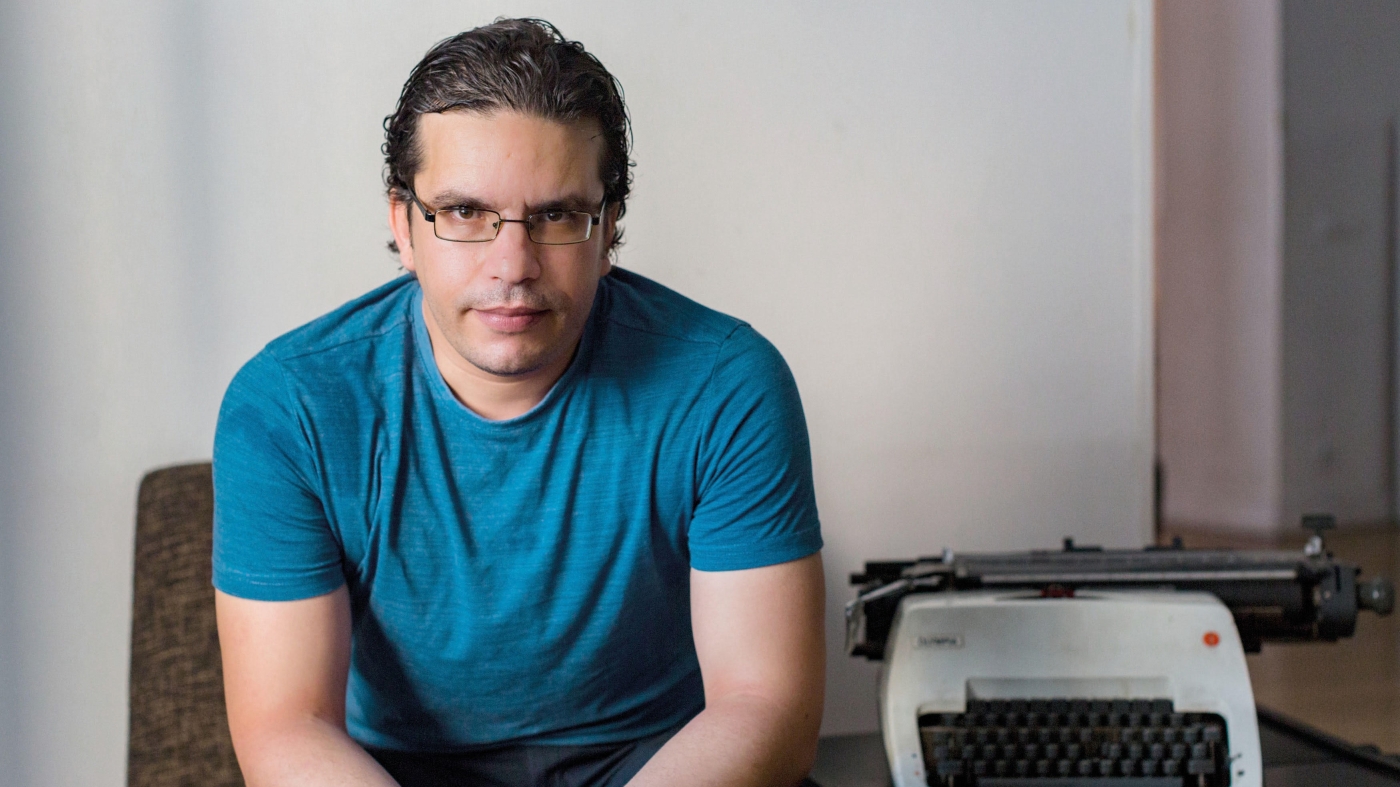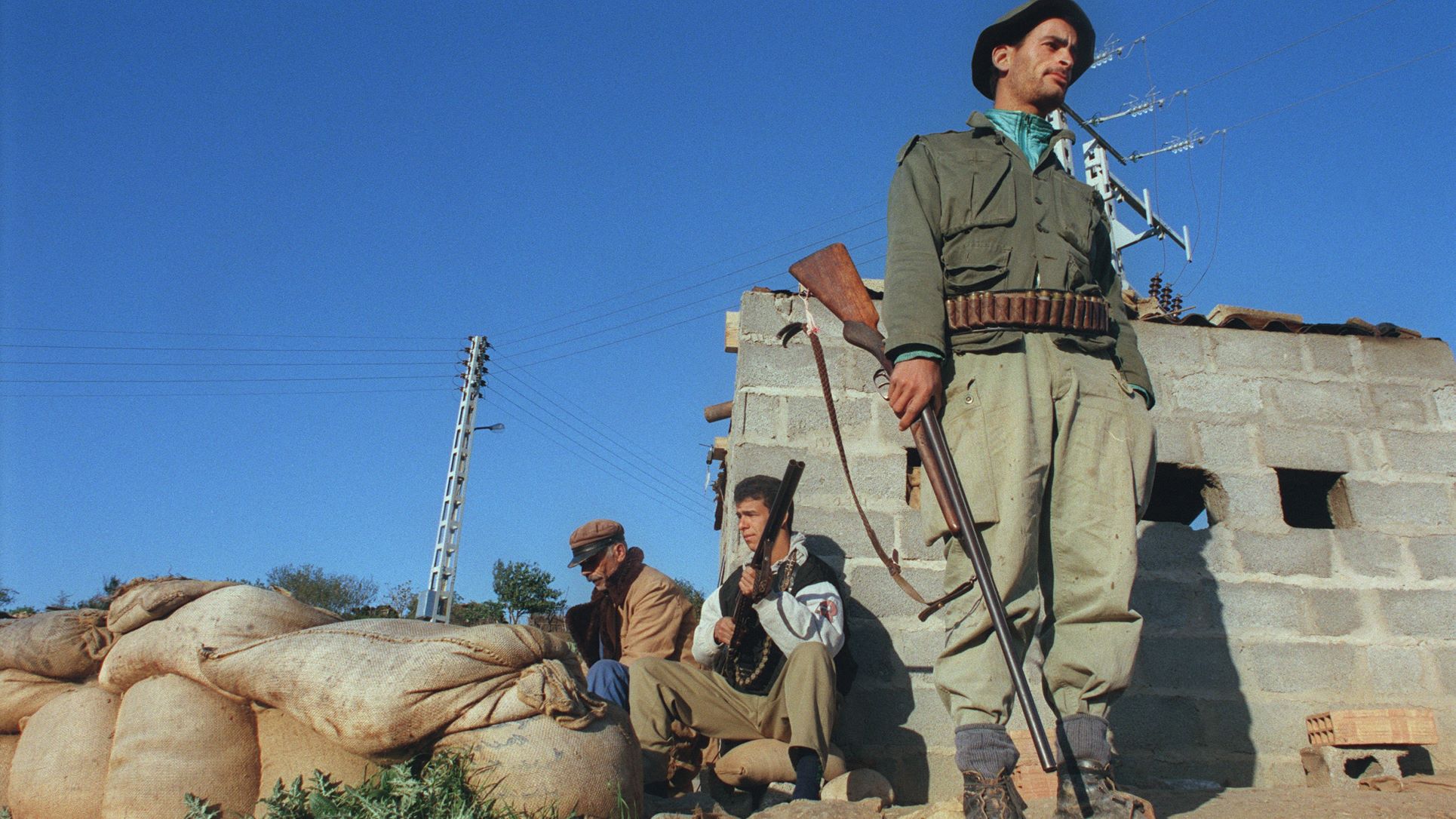Teck mining magnate stands between Glencore and mega-deal
Bloomberg News | April 8, 2023 |
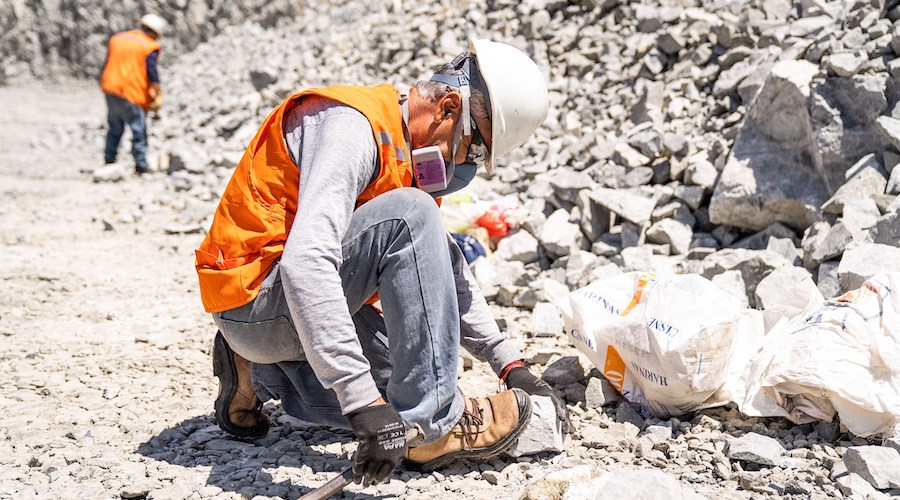
(Reference image by Teck Resources).
The fate of the biggest mining deal in more than a decade lies in the hands of a Canadian magnate who built a fortune on copper and coal.

Norman Keevil Jr., 85, is the controlling shareholder of Teck Resources Ltd., a mining company he built with his father nearly six decades ago. Today, the Vancouver-based firm produces copper and zinc from a handful of mines scattered across the Americas, and steelmaking coal from lucrative operations in Canada.
Those assets make Teck appealing to global miners hunting for more of the industrial metals that underpin the global transition to cleaner energy, prompting Swiss commodities giant Glencore Plc to make an unsolicited $23 billion bid on March 26.
Glencore’s interest doesn’t guarantee a deal gets done. The Keevil family’s control of Teck through voting shares has long insulated the company from takeovers. While Canadian metals producers like Falconbridge Ltd., Inco Ltd. and Alcan Inc. fell to foreign firms in the early 2000s, the family’s iron grip kept Teck independent. Even now, Keevil shows little interest in selling the company he spent decades building.
“He’s like the last of a generation of mine builders in Canada,” said Pierre Gratton, president of the Mining Association of Canada. “You think of all those people that built Canada’s biggest mining companies, and Norm is the last one standing.”
Keevil was born in Cambridge, Massachusetts in 1938 and spent the better part of his childhood in northern Ontario’s wilderness. His father, a Harvard University graduate turned prospector, abandoned academia in the 1950s to develop a small copper deposit near a remote settlement named Teck Township, about 600 kilometers (375 miles) north of Toronto.
‘Rest on your ores’
The mine became a family business, and Keevil joined his father’s company after completing a doctorate in geology from the University of California, Berkeley in the early 1960s. In a 2017 memoir, Never Rest on Your Ores: Building a Mining Company, One Stone at a Time, Keevil recalled attending monthly board meetings in a log cabin on an island across from the mine.
“Norm and his dad really started the company from grassroots, with nothing,” said Edward Thompson, 87, who befriended Keevil in college and became one of Teck’s first executives.
Keevil shared his father’s penchant for high-stakes business gambles, and when Keevil took over as chief executive officer in 1982 he enacted a flurry of acquisitions that netted the company some of its most lucrative base metal operations. At the apex of the 1980s oil shock, he borrowed heavily to finance oil and coal projects in Canada’s western provinces. Later, he sought backing from Japanese and Chinese investors to pitch in on expensive mining ventures further north.
Keevil didn’t possess the typical bravado of mining executives of the time, Thompson said, calling him “aggressive in business, but quite soft-spoken — almost shy.”
“When we’re together, I sometimes have trouble hearing him because he’ll talk so quietly,” he said.
Still, Keevil rarely minced words when it came to business. During the battle to acquire Inco in 2006 — which drew bids from foreign firms as well as Teck — Keevil said its CEO “sold Canada out for his own purposes.”
Today, Keevil lives in British Columbia and has largely retreated from public life. He holds a spot in the Canadian Mining Hall of Fame and has departments named after him at the University of Toronto and University of British Columbia. Keevil didn’t respond to Bloomberg requests for comment.
After Glencore’s proposal, Keevil — who holds an honorary position as chairman emeritus at Teck — issued a brief statement on April 3: “I unequivocally support the board’s decision to reject Glencore’s unsolicited offer to acquire Teck. Now is not the time to explore a transaction of this nature.”
Teck has been protected from such takeovers thanks to the Keevil family’s unusual choice in 1969 to separate shares of the company into two classes, with one set carrying more power than the other. Through a holding company called Temagami Mining Co., the family has the majority of class A shares, each entitled to 100 votes, while the public has class B shares, which carry one vote.
“Without the protection of our dual-share structure, Teck would have been swallowed up,” Keevil wrote in his memoir. “We could have been the target of an opportunistic takeover and a longtime Canadian mining champion lost to foreign hands.”
Corporate filings released on April 3 showed that Teck board members began talks with Keevil a year ago to consider collapsing the share structure, citing growing investor unrest. Keevil and the board spent about four months negotiating before arriving at an agreement in January.
That deal, which requires approval from shareholders in an April 26 vote, would give the Keevils six more years of control of a company they’ve so carefully guarded.
“It’s like giving your baby away,” Thompson said. “It’s tough to see something you spent a lifetime creating disappear.”
(Reporting by Jacob Lorinc).
Canadian entrepreneur Lassonde plans to buy blocking stake in Teck’s Elk Valley – Globe and Mail
Reuters | April 8, 2023 |
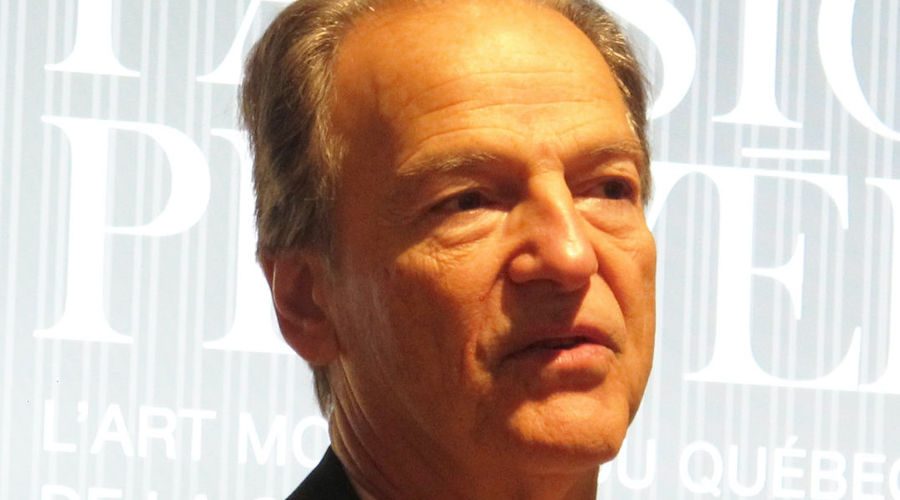
Pierre Lassonde. (Image by Gilbertus, Wikimedia Commons.)
Canadian entrepreneur Pierre Lassonde is planning to buy a blocking stake in Elk Valley Resources, the steel-making coal unit to be spun off by Teck Resources, the Globe and Mail reported.

In an interview with the Canadian newspaper published on Friday, Lassonde expressed his interest in the soon-to-be divested unit of Teck, saying he wanted the company’s assets to “remain Canadian.”
Lassonde’s comments came after Teck Resources rejected an unsolicited takeover offer of $22.5 billion from Glencore Plc earlier this week, citing reluctance to expose its shareholders to thermal coal, oil, LNG and related sectors through the merger.
Lassonde would “love” to own up to 20% of Elk Valley, the report said, adding that he is planning to put together a group of investors who would buy up to C$300 million of the company’s shares, giving them a 10%-20% stake.
Teck Resources could not be reached immediately for comment. There was no contact information for Lassonde immediately available.
Under terms of a deal offered previously by minority shareholder Nippon Steel, the Elk Valley unit will have an enterprise value of C$11.5 billion. Teck Resources in February said it will receive an 87.5% interest in gross revenue royalty from the steel-making coal business through the transition period.
(Reporting by Rahat Sandhu in Bengaluru and editing by Leslie Adler).
